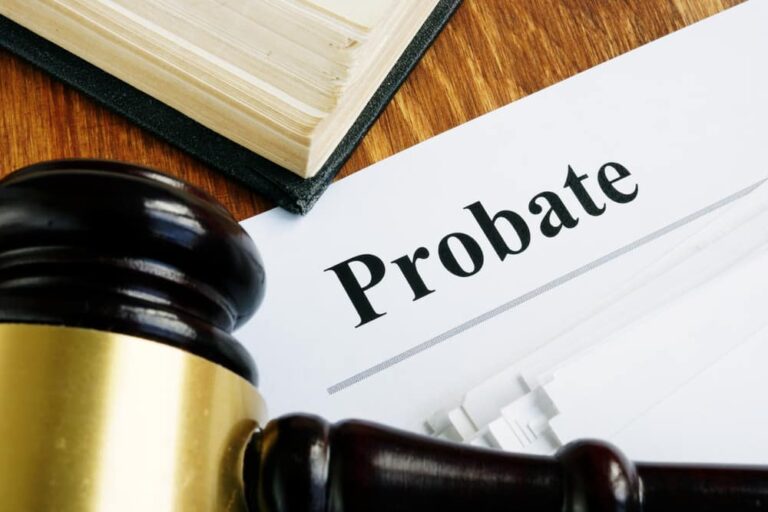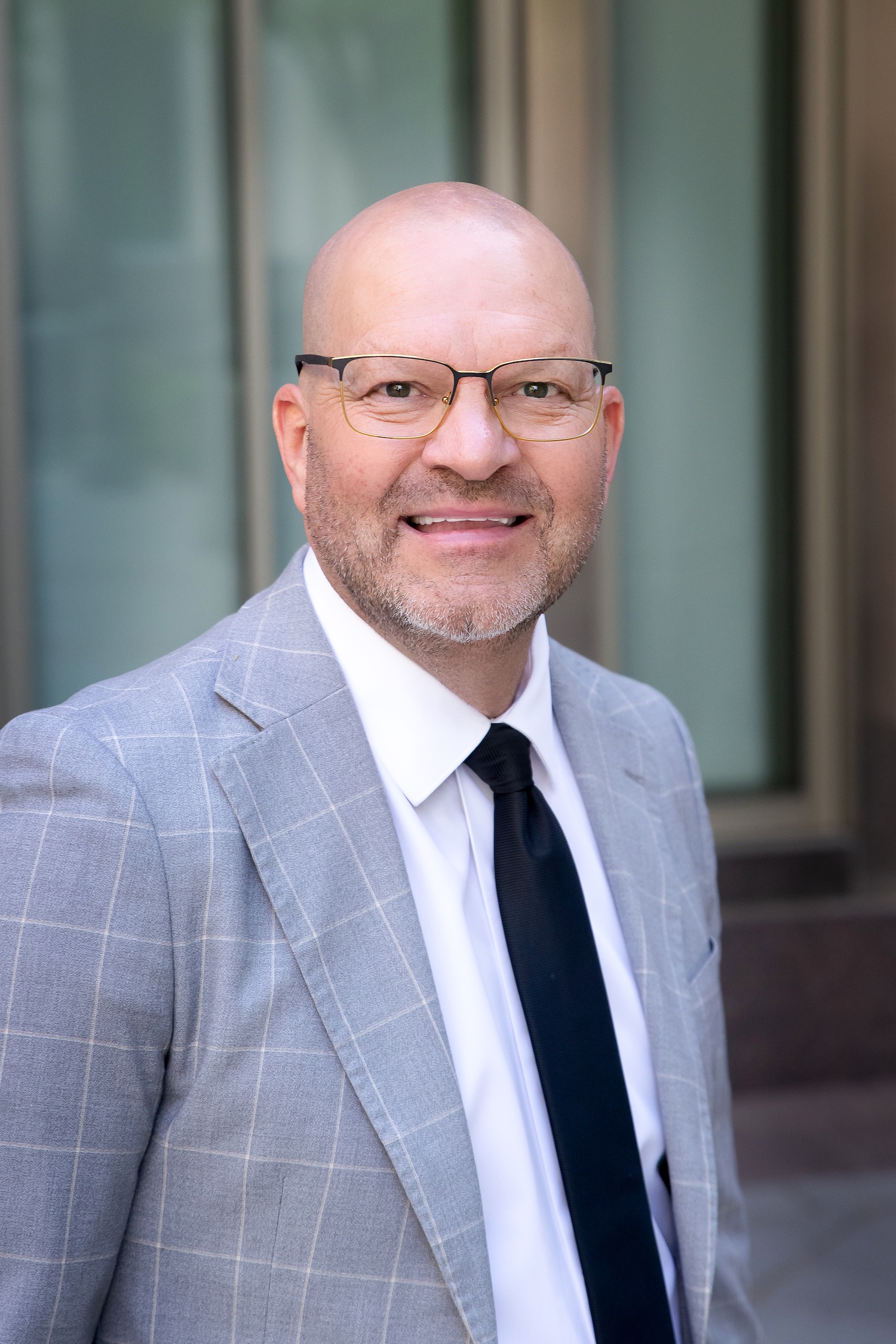Probate FAQs : A Guide to Probate in Las Vegas
Most Probate FAQs start with the question “what does Probate mean?” It’s a legal term that sums up a process that occurs in the event of the passing of someone that has a will, an estate plan, or both. Our Probate lawyers outlined more specifics and other common questions for you below.
Personal injury claims
At our law firm, we specialize in personal injury claims, working tirelessly to restore balance to your life after accidents.
Medical malpractice
We specialize in advocating for your right to proper medical treatment and seeking accountability when errors occur.
Employment disputes
We specialize in employment disputes, offering comprehensive legal support to ensure your rights are protected.
Breach of contract
Our experienced attorneys understand the intricacies of contract law and are dedicated to upholding your rights.
FAQs About Probate in Las Vegas
Depending on the type of asset, and whether a decedent (person who died) had an effective estate plan, a decedent’s estate may still need to go through the probate process, even if the decedent had a will.

When Are Probate Proceedings Necessary?
What Types Of Assets May Need To Be A Part Of Probate Proceedings?
- Real Property located in Nevada, with the title in the decedent’s name only, or as the sole surviving joint tenant. This includes timeshares.
- Bank accounts with no Pay on Death (POD) designation, or in the Decedent’s name only.
- Investment accounts with no beneficiary designation or in the decedent’s name only.
- Vehicles.
- Boats.
- Real or personal property properly owned and managed by a living trust.
- Life Insurance Policies with a beneficiary designation.
- Bank Account with Pay on Death (POD) designation.
- Real Property where a Transfer on Death Deed (TOD) has been recorded.
- Retirement accounts with designated beneficiaries such as IRA’s and/or 401(k) accounts.
What Are The Different Types Of Trusts In Las Vegas?
- The length, or how long a probate case lasts, depends on the total value of a decedent’s assets when they die (estate value).
- Depending on a decedent’s estate value, a probate case will fit into one of three main categories when it is ready for administration: 1) Set Aside Probate Administration; 2) Summary Probate Administration or 3) General Probate Administration.
- Depending on the estate value and the type of probate proceedings required, the probate case could last anywhere from a few weeks to many months.
- Other factors that affect how long a probate process will take is whether any person objects to the will, known as a will contest; or contests distribution of assets.
- Will contests are most common when family members would receive disproportionate shares or the shares changed from one version of the will to a later one or when there are two copies of a decedent’s will.
How Much Does Probate in Las Vegas Cost?
- The cost of a probate is determined by the type of probate, the length of the case, and the amount of work involved. This probate faq couldn’t possibly list out all variables, so be sure to call us at 702-660-9847 to get a free consultation.
- Small estates (Estate value under $100,000) are usually quick and simple under NRS 146, if there are no creditors of the estate.
- Summary administration probate proceedings are for estates with a total value of between $100,000 and $300,000 and usually last between 5-8 months, depending on whether any real property is involved, and/or whether there are any creditors of the estate.
- General administration probate proceedings are for estates with a total value of $300,000 or more and usually last in excess of 1 year depending on whether there are any disputes between beneficiaries.
What Are The Important Timelines In The Probate Process?
- Under Nevada law, probate proceedings cannot be initiated within 30 days from when a person dies.
- If a person died testate (with a valid will under NRS 133), the original copy of the will needs to be filed with the clerk of the court, in the county in which the Decedent was a resident within 30 days from the date of death, regardless of whether probate proceedings will be commenced.
What Will I Need When I Meet With A Las Vegas Probate Attorney?
- Copy of the Decedent’s death certificate.
- All of the Decedent’s estate plan documents.
- During the initial meeting or consultation with a probate attorney, the attorney will want to know or see a list of:
- The assets are only in the name of the decedent.
- For any bank or investment accounts, the value of each account and the most recent statement, if possible.
- The names, addresses, ages, and relationship to the decedent of all persons within two relationship degrees to the decedent.
Common Misconceptions About Probate And Probate Myths
If a person had a will, probate proceedings aren’t necessary.
- This is a very common misconception. A Will is merely a more formal vehicle for a person to memorialize and indicate to their heirs, beneficiaries, and the probate Court, what should happen with the assets of their estate when they die. In Nevada, in the absence of a validly created revocable living trust or irrevocable trust, the distribution of a decedent’s assets under a Will must be done under the supervision of the local jurisdiction’s probate court.
- In many cases, a Last Will and Testament can make the probate process clearer and simpler, and in other cases, may create challenges and problems in a probate proceeding.
If I am named (nominated) as an executor or personal representative in the decedent’s will, I can begin distributing assets without court approval, right?
- This is a common misconception and could have serious consequences if a person mistakenly begins taking possession of and distributing a decedent’s assets without court approval.
Handling Probate is hard work. You don’t have to do it alone. Use these Probate FAQs as a starting point, but call us at 702-660-9847 or send us a message today for help and guidance during this time.


